Boxwheel Trailer Leasing Insights
Our team has decades of experience in trailer rentals, leasing, and sales. Check out these articles to turn our expertise into your competitive advantage.
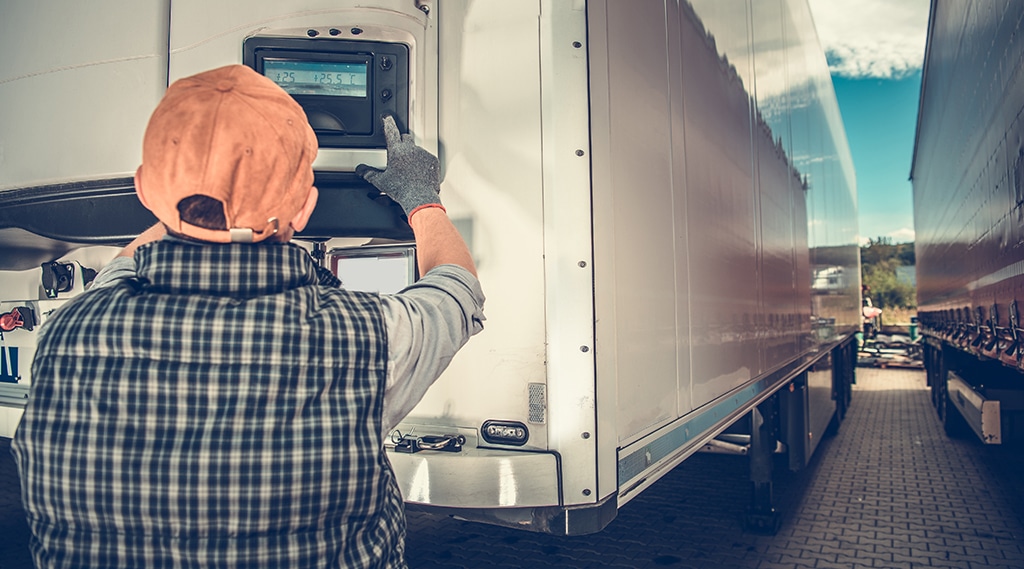
Tips for Loading a Refrigerated Semi Trailer Correctly
Regardless of what type of semi trailer you’re hauling, it’s important to load it correctly. Improper loading can lead to various problems including damage to the freight or the trailer, injuries to people tasked with unloading the trailer at your destination, etc.
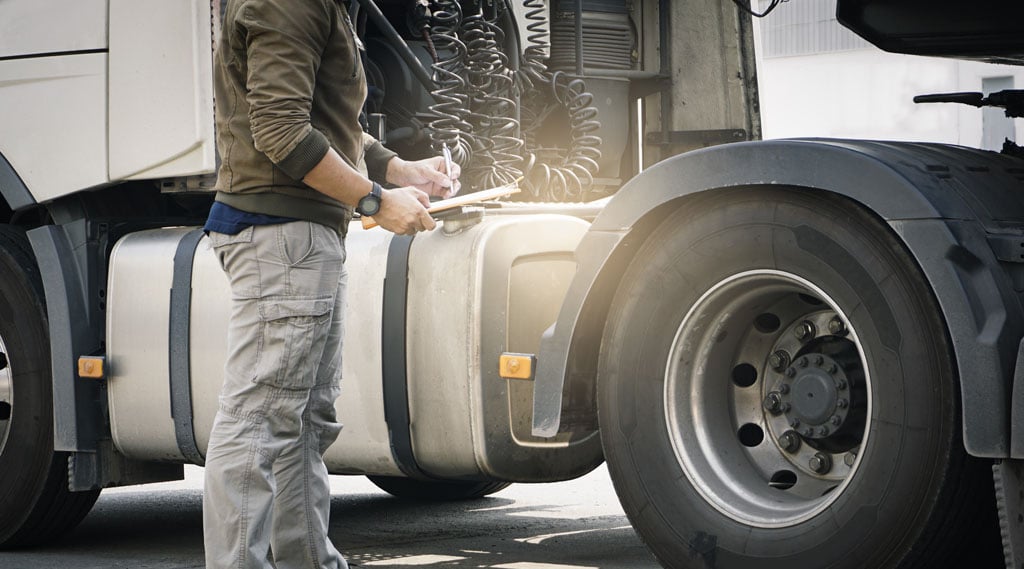
Important Safety Tips for Anyone Hauling a Semi Trailer
Whether you’re an experienced trucker operating the rig you’ve used for many years or a warehouse employee who has been tasked with moving a rented semi trailer from one place to another, doing your job safely must be your top priority.
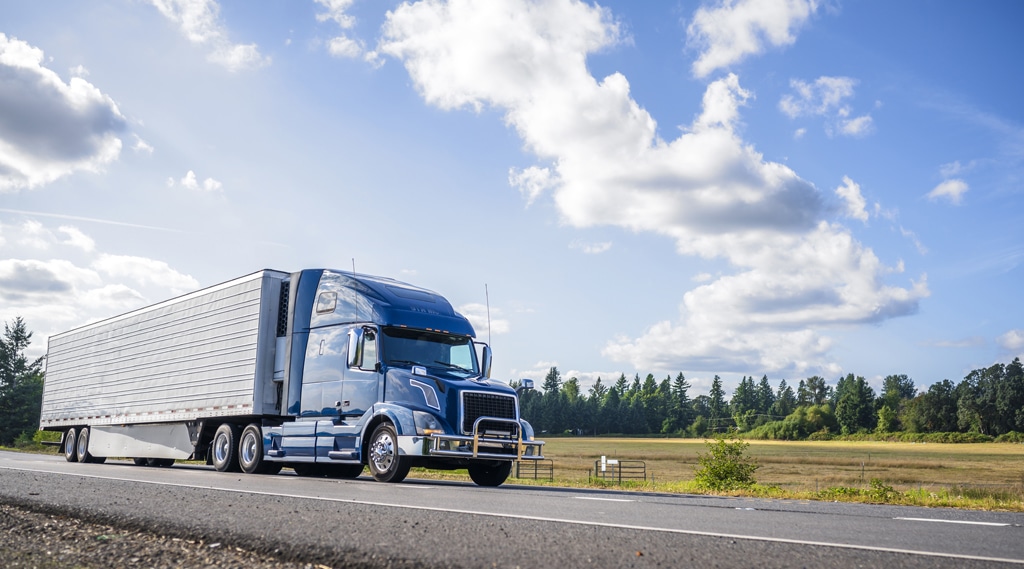
Truck and Semi Trailer Aerodynamics: Insights on the Latest Advances
With fuel costs always increasing (even after occasionally plateauing or even dropping temporarily) and big rigs averaging about 6 miles per gallon (mpg), any improvement in a vehicle’s aerodynamics can produce savings. And the more improvements you make, the more you save—especially if you’re operating a fleet of trucks and semi trailers.

What You Need to Know About Overheated Brakes
When you are hauling a semi trailer—especially a loaded semi trailer—perhaps no component on your rig is more important than the brakes. If a problem arises with the truck’s engine and it won’t run, that can be inconvenient and cause you to miss a deadline. If the brakes on your truck and/or semi trailer go out, that can be deadly.
Is Your Fleet Prepared for the “Sunset” of 3G GPS Tracking?
The ability to track trucks and semi trailers using GPS (Global Positioning System) technology is essential to efficient and effective operations and fleet management. Using telematics to monitor when and where rigs are traveling can help you reduce fuel usage, complete more jobs in a given time period and provide better customer service, to mention just a few of the advantages.
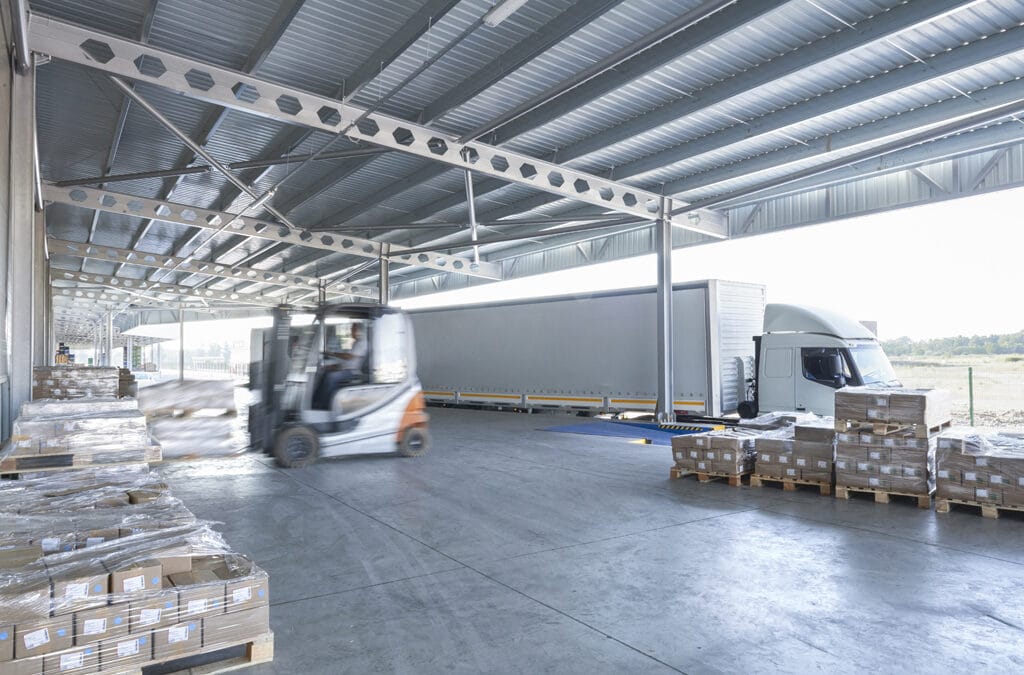
Is Cargo in Your Dry Van or Reefer Trailer Secure? How to Ensure It Is.
It’s a sound you don’t want to hear: You have just started a trip and you apply the brakes or round a corner and a thud or the cracking of wood tells you that the cargo in the back of your dry van trailer or refrigerated trailer has shifted and something has been damaged. You pull over, open the cargo door and discover that you have some clean-up work to do and will be having an uncomfortable conversation about the cost of whatever has been destroyed.
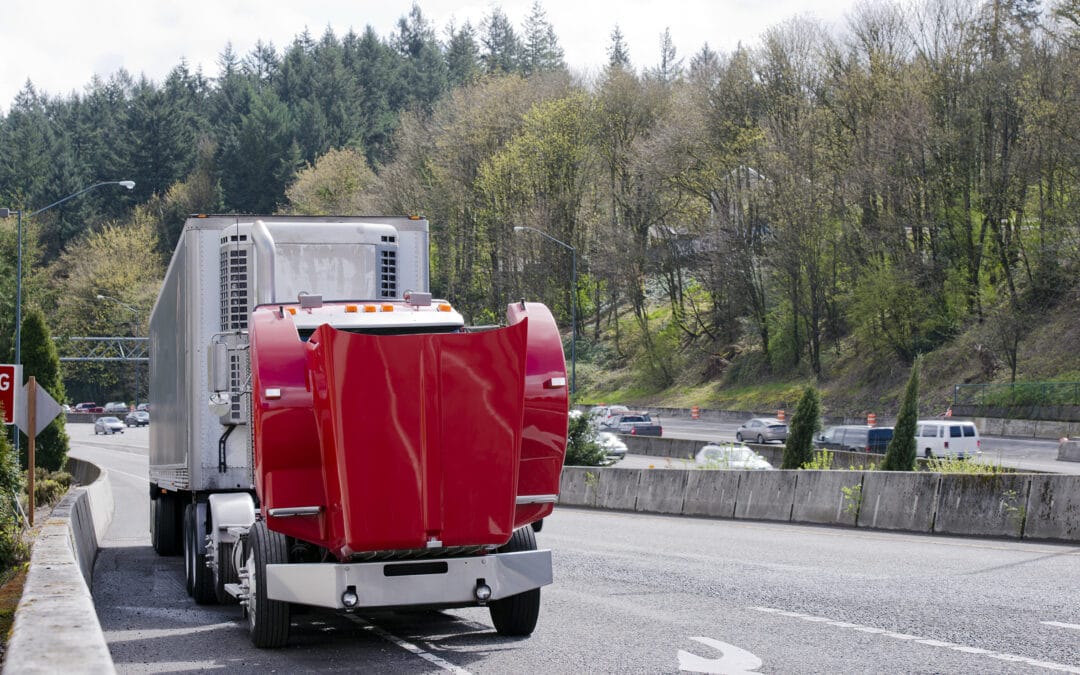
What To Do If Your Tractor-Semi Trailer Rig Breaks Down on the Road
Nobody ever expects a breakdown, but you always have to be prepared for one. Reacting properly helps protect you and other drivers around you. It can also minimize the damage to your tractor and/or semi trailer.
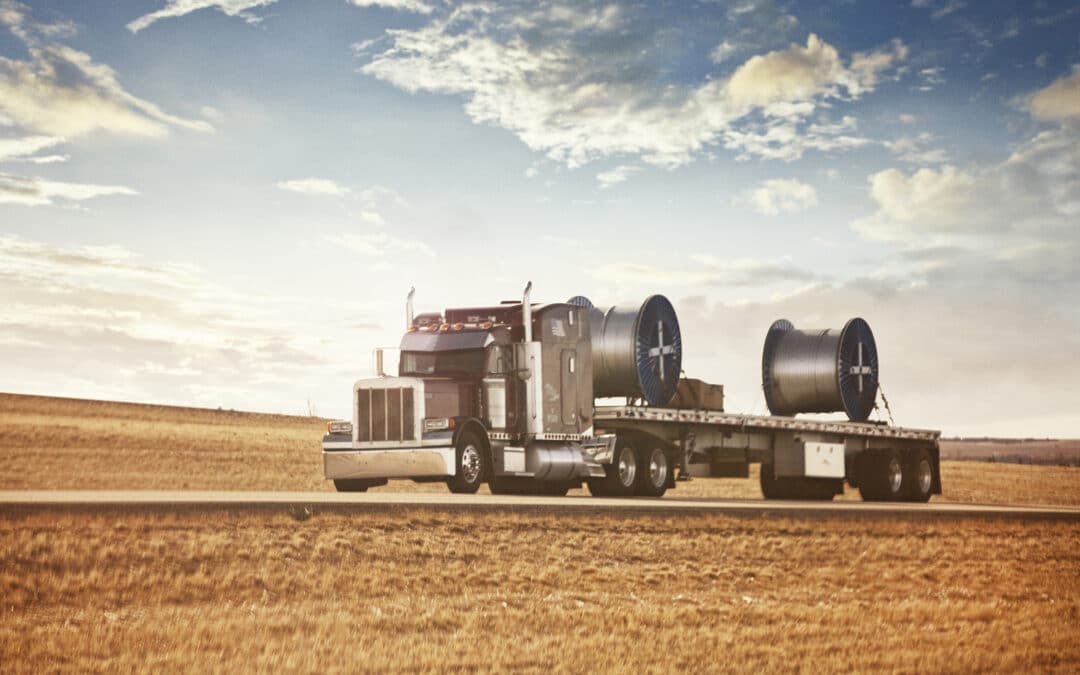
10 Important Steps for Securing Loads on Flatbed Semi Trailers
Many accidents occur every year because an improperly secured load falls off a flatbed semi trailer. In some cases, vehicles behind the trailer strike, or are struck by, objects and are damaged. Flying cargo can also damage property adjacent to the roadway. In addition, the sudden shifting of a load can cause the truck driver to lose control of the rig, resulting in a single-vehicle accident. For these and other reasons, whether you rent a flatbed semi trailer or have your own equipment, it’s vital that you know how to immobilize any loads you haul.

Top Technologies Changing the Trucking and Semi Trailer Industries
As with all businesses, stakeholders in the transportation industry—from trucking companies to rental semi trailer providers to companies that transport their own goods—are continually looking for ways to operate more efficiently and cost-effectively. For many, the answer is to implement new technologies as they become available.
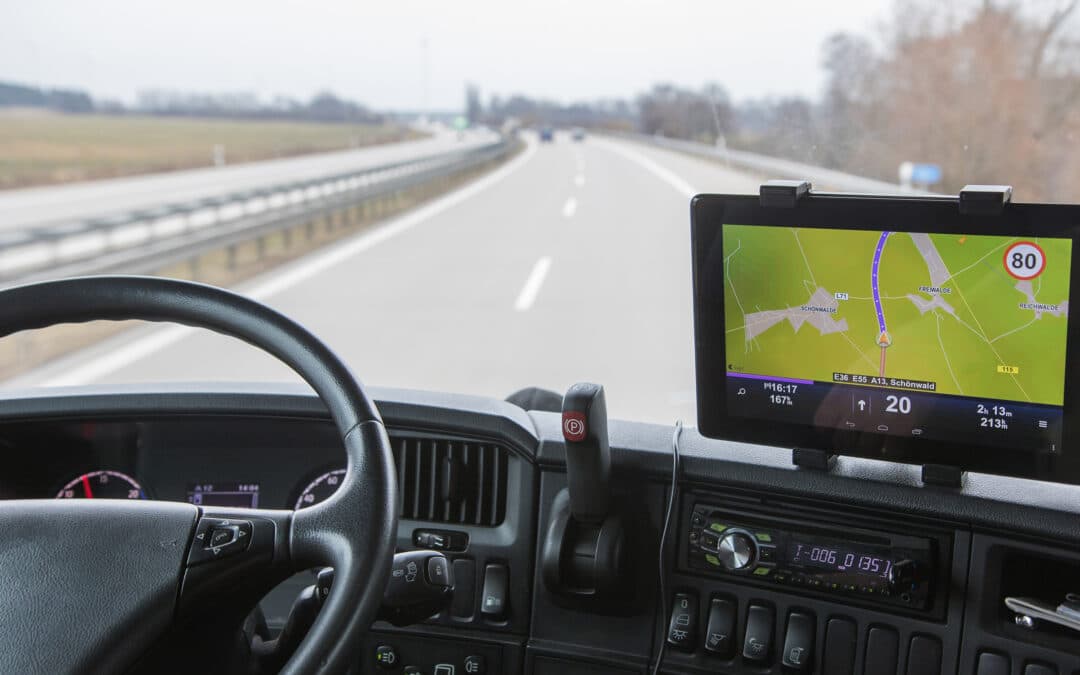
The ELD Mandate: Where Is the Trucking Industry Today?
If you are a trucker, you know that the regulations around hauling semi trailers loaded with goods and materials around the country changed significantly in late 2017. That’s when most in the industry were required to start using electronic logging devices (ELDs) to track the operation of their rigs.
